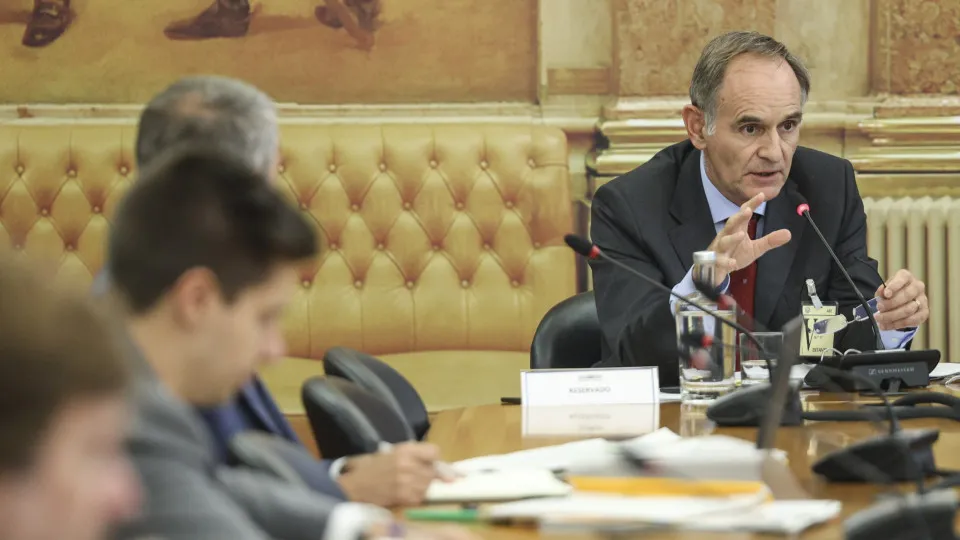
During a hearing in the Committee on Constitutional Affairs, Rights, Freedoms and Guarantees concerning the new nationality law, Pedro Portugal Gaspar stated that “it is possible to have instruments to promote the integration of foreigners” without altering nationality issues.
“The nationality law is not a matter handled” by the Agency for Integration and Migrants and constitutes “a legislative matter judgment,” thus “AIMA will have little opinion on this matter.”
Meanwhile, Pedro Portugal Gaspar emphasized that AIMA has “a net increase of nine percent in staff,” but human resources remain insufficient for demand.
“We want to expand [the framework] with fixed-term contracts” and external hiring, the official stated.
Deputies requested various data, but the AIMA president deferred the response to a written format later.
He revealed, however, that more than 50 percent of residence permits “are of Lusophone origin.”
Paulo Muacho from Livre, the party that requested the AIMA president’s presence, questioned “the significance of nationality attribution” for immigrants and criticized the extension of periods from five to ten years (seven in the case of Lusophones) for obtaining Portuguese citizenship by residence.
In addition, the deputy lamented that the law ends automatic nationality access for those born in Portugal and queried whether “anchor babies [a term for newborns who facilitate their parents’ residence regularization] are a problem.”
“Even if nationality is not AIMA’s responsibility,” the agency must ensure a “timely response” to requests, emphasized Paulo Delgado Alves (PS).
João Almeida (CDS) remarked that “nationality is not a migration rights issue, it is a sovereignty issue.”
“We reject the view of nationality as a final result of residence authorization,” because many immigrants “may legally reside in national territory” without access to Portuguese citizenship.
“A country can have a policy that promotes residence permits and have a restrictive nationality policy,” he explained.
The “attribution of nationality becomes much more sensitive” because “it requires a sense of belonging and a sharing of fundamental values,” he added.




